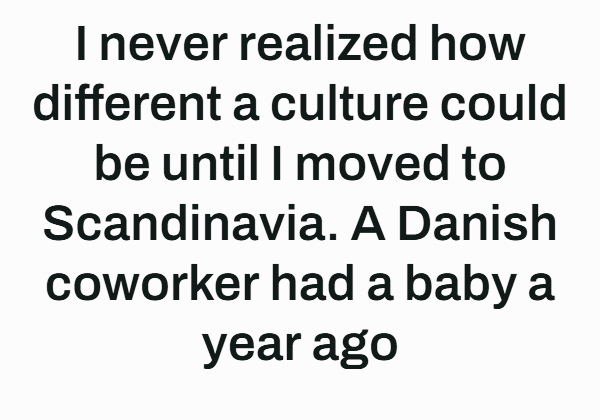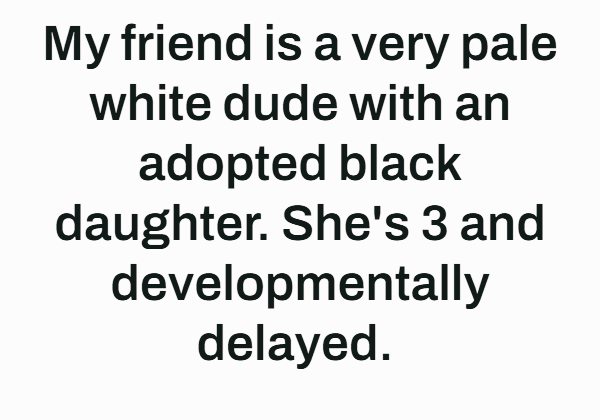“I got called a hunter today while watching my girls at the recreation area. AITA?”
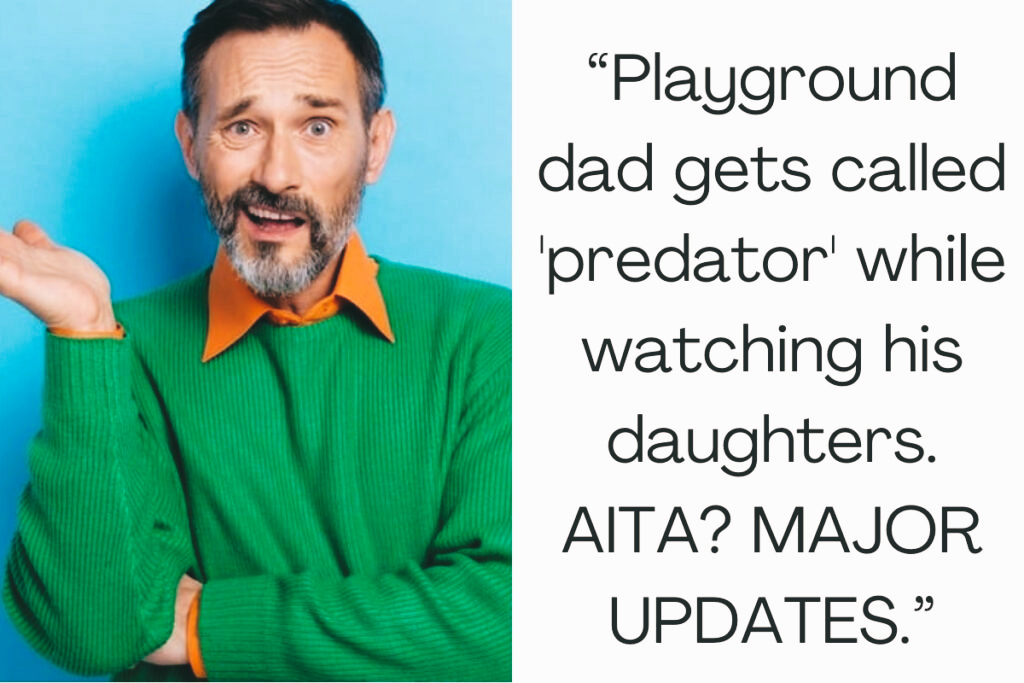
In the present society, the disgrace encompassing men in childcare jobs endures, mirroring a more extensive issue of orientation predisposition. A stay-at-home father as of late shared his involvement with a neighborhood park, where he experienced ridiculous doubt basically for being available with his girls. This episode features the difficulties looked by men who take on generally female-ruled jobs like homemaking and providing care.
The stay-at-home father, who partakes in a satisfying job as a guardian to his two youthful little girls, experienced a disturbing circumstance while at the recreation area. In spite of his undeniable job as a dedicated dad, a stressed lady faced him and scrutinized his presence and thought processes. This connection highlights a disturbing pattern where men in childcare jobs are unreasonably examined and marked with negative suspicions.

Image credits: Anna Shvets (not the actual photo)
Cultural assumptions and generalizations contribute fundamentally to this issue. Men who embrace jobs, for example, homemaking and childcare frequently face disparaging remarks and doubt. This is obvious from the responses of companions and the overall population, who might see these jobs as abnormal or eccentric for men. The father’s experience isn’t disconnected; one more individual working in a childcare reports comparative issues, where male staff individuals are exposed to stricter examination contrasted with their female partners.
The requirement for more prominent acknowledgment and standardization of men in childcare jobs is urgent. By testing and changing these obsolete discernments, society can more readily uphold and value the assorted commitments, everything being equal, paying little mind to orientation. It’s fundamental for cultivate a climate where men in nurturing and providing care jobs are perceived for their devotion and abilities, as opposed to confronting unnecessary doubt or segregation.
Peruse for more data Reddit

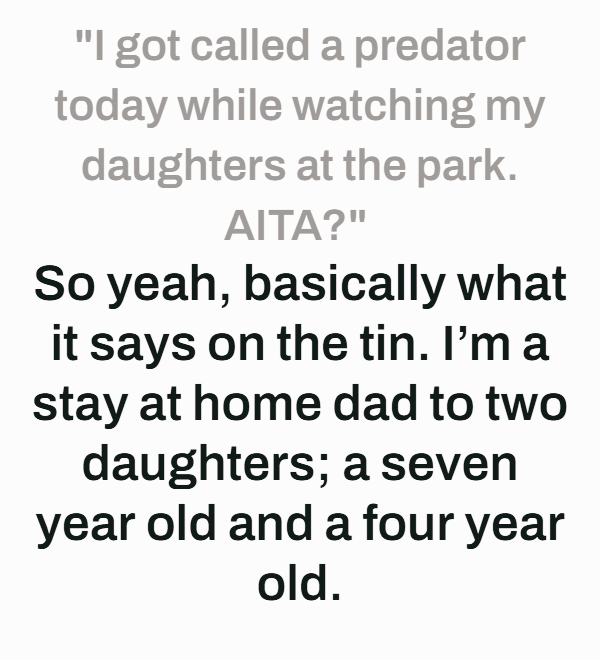
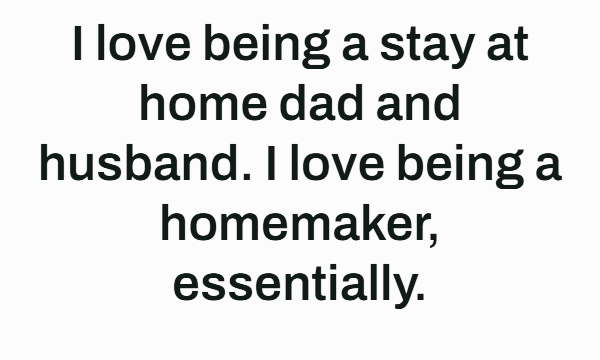
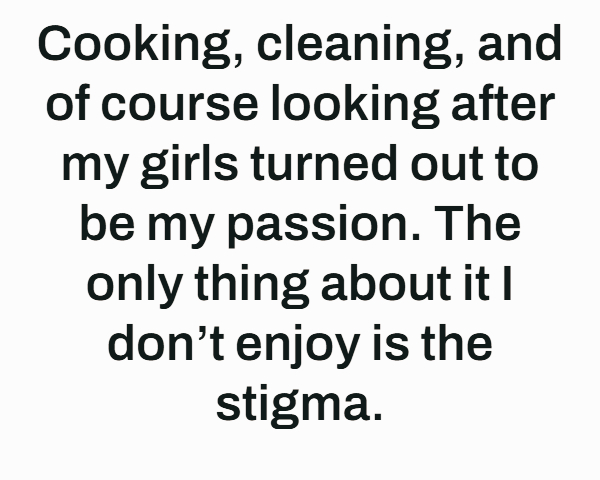
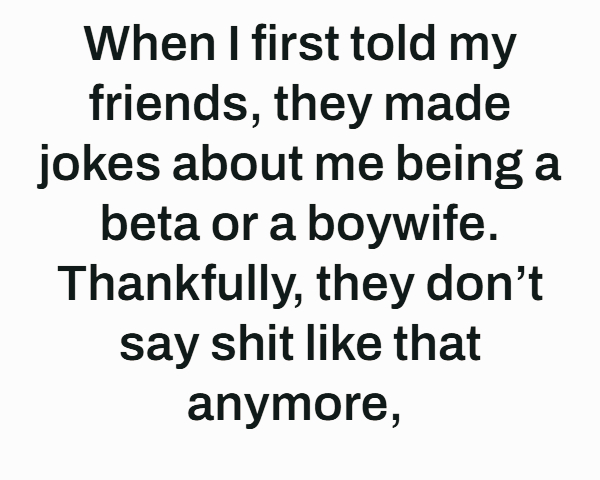
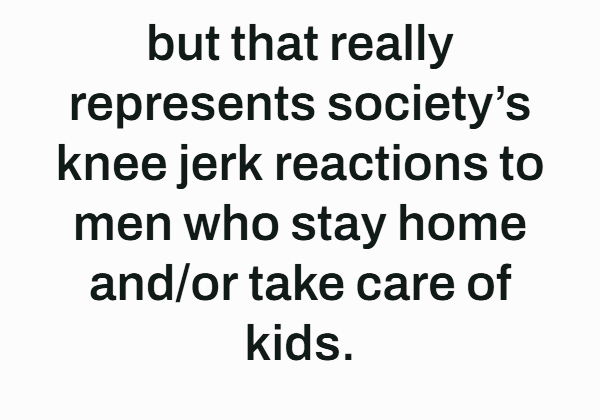

Image credits: RDNE Stock project (not the actual photo)
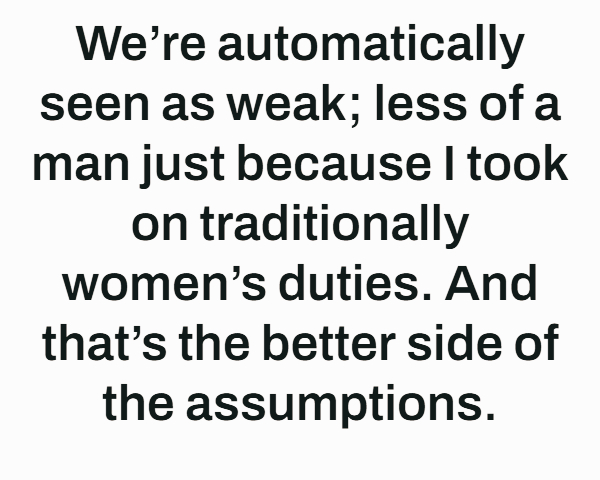
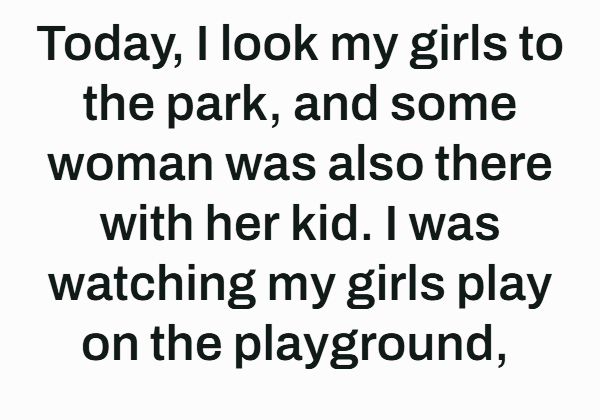
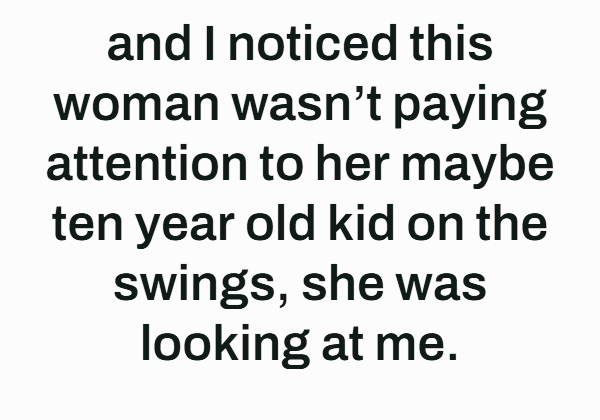
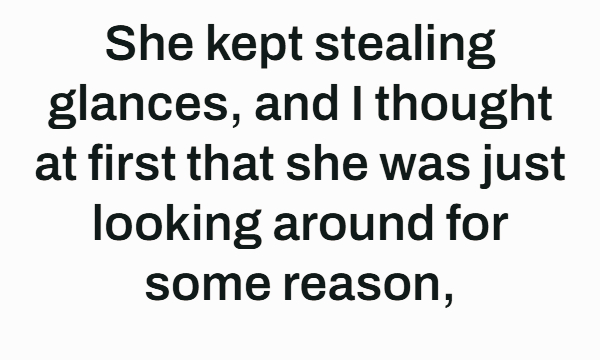
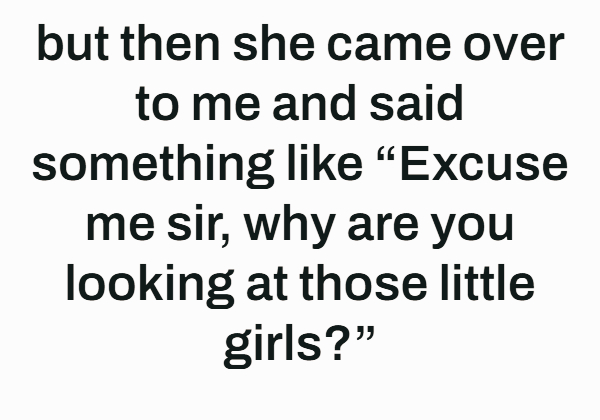
Image credits: Getty Images (not the actual photo)
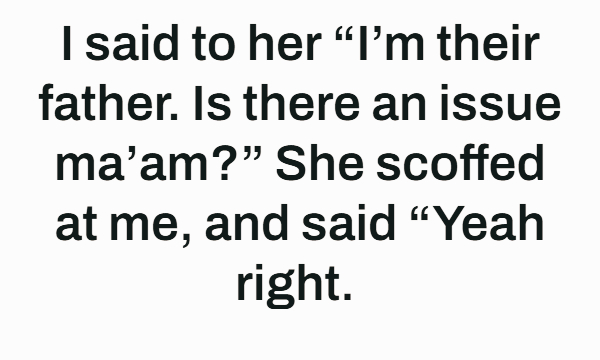
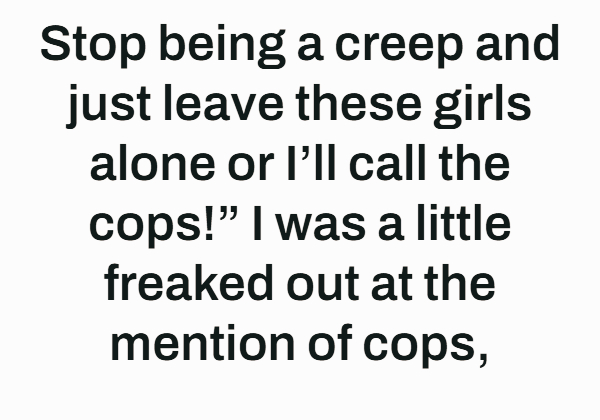
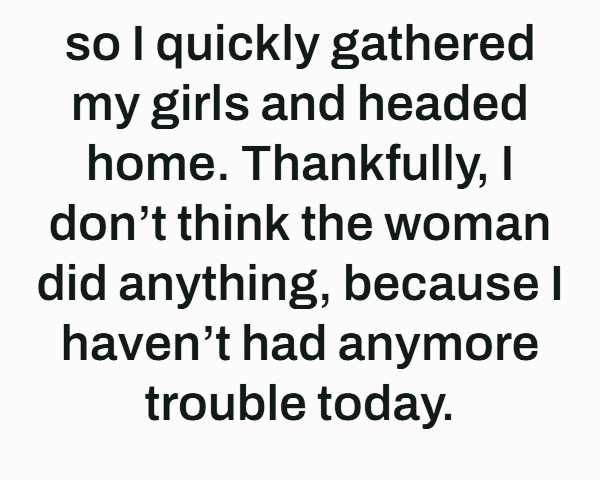
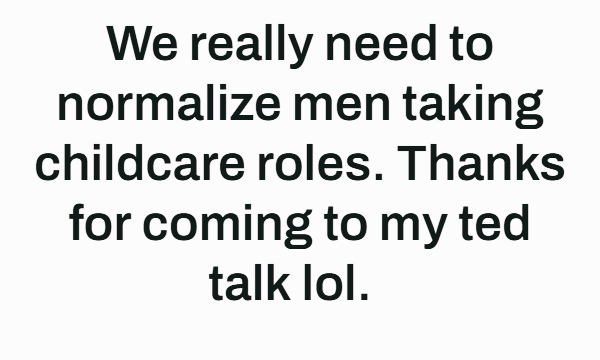
The encounters shared by people in different providing care situations feature continuous cultural difficulties connected with men in nurturing and providing care jobs. One record depicts a white dad with an embraced dark girl who confronted doubt and possible struggle while attempting to quiet his resentful youngster at a parking garage. The circumstance was possibly settled when he showed a photograph demonstrating his relationship with the kid. This episode highlights the elevated examination men can look in providing care circumstances, reflecting more extensive cultural issues about race and nurturing.
Likewise, another story uncovers an expert who, while evaluating a client’s advancement at a public swimming pool, was blamed for unseemly way of behaving just for taking photographs vital for his work. Regardless of having legitimate approval and documentation, the male clinician confronted allegations of being a hunter, while his female partners supposedly didn’t experience comparative issues. This present circumstance features the uniqueness in how people in providing care jobs are seen, particularly with regards to exercises including youngsters.
These accounts highlight a more extensive issue: the unavoidable and frequently unreasonable presumption that men are less reliable in providing care jobs. Whether it’s being confused with a hunter or confronting unjustifiable doubt while aiding kids, men engaged with providing care frequently experience pointless difficulties. These encounters mirror a more extensive requirement for cultural change, empowering a really tolerating and figuring out perspective on men in these jobs.
Additionally, social contrasts can fundamentally influence the acknowledgment of men as essential parental figures. In certain nations, for example, Denmark, it is normal to see men taking on broad parental leave and effectively partaking in youngster raising. This acknowledgment remains as a conspicuous difference to the suspicion fathers experience in different settings, featuring the effect of social perspectives on the standardization of men in providing care jobs.
Generally, these records represent the basic requirement for cultural change to help and standardize men in providing care jobs. By encouraging a more comprehensive and tolerating climate, we can assist with decreasing the disgrace and difficulties looked by fathers and male parental figures, permitting them to contribute completely and emphatically to their youngsters’ lives without unjustifiable examination.
Before we give Over powered’s significant update, we should investigate a portion of the top reactions:
kajussframw writes:
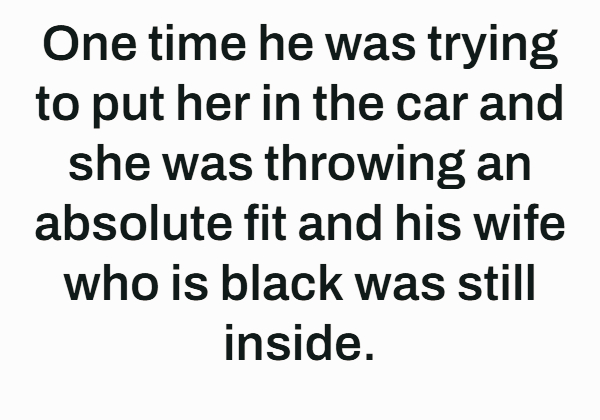
bisbeeblue writes:
